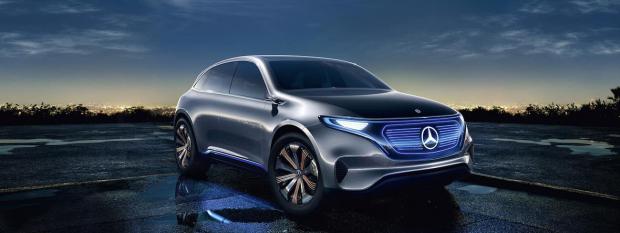
Breaking News
 How Epstein Hijacked Bitcoin with Aaron Day
How Epstein Hijacked Bitcoin with Aaron Day
 The Federal Reserve is planned to inject $16 billion into the economy this week...
The Federal Reserve is planned to inject $16 billion into the economy this week...
 Dr. Rhonda Patrick: Fasting, Creatine, Brain Performance & Longevity Breakthroughs | PBD #740
Dr. Rhonda Patrick: Fasting, Creatine, Brain Performance & Longevity Breakthroughs | PBD #740
 HIGH ALERT! Americans Will Die for Israel's Evil War with Iran | Redacted w Clayton Morris
HIGH ALERT! Americans Will Die for Israel's Evil War with Iran | Redacted w Clayton Morris
Top Tech News
 US particle accelerators turn nuclear waste into electricity, cut radioactive life by 99.7%
US particle accelerators turn nuclear waste into electricity, cut radioactive life by 99.7%
 Blast Them: A Rutgers Scientist Uses Lasers to Kill Weeds
Blast Them: A Rutgers Scientist Uses Lasers to Kill Weeds
 H100 GPUs that cost $40,000 new are now selling for around $6,000 on eBay, an 85% drop.
H100 GPUs that cost $40,000 new are now selling for around $6,000 on eBay, an 85% drop.
 We finally know exactly why spider silk is stronger than steel.
We finally know exactly why spider silk is stronger than steel.
 She ran out of options at 12. Then her own cells came back to save her.
She ran out of options at 12. Then her own cells came back to save her.
 A cardiovascular revolution is silently unfolding in cardiac intervention labs.
A cardiovascular revolution is silently unfolding in cardiac intervention labs.
 DARPA chooses two to develop insect-size robots for complex jobs like disaster relief...
DARPA chooses two to develop insect-size robots for complex jobs like disaster relief...
 Multimaterial 3D printer builds fully functional electric motor from scratch in hours
Multimaterial 3D printer builds fully functional electric motor from scratch in hours
 WindRunner: The largest cargo aircraft ever to be built, capable of carrying six Chinooks
WindRunner: The largest cargo aircraft ever to be built, capable of carrying six Chinooks
Mercedes-Benz to go all-electric by 2030

Mercedes-Benz maker Daimler plans to invest more than 40 billion euros, or $47 billion, between 2022 and 2030 to develop battery-electric vehicles, and be ready for an all-electric car market by 2030.
Outlining its strategy for an electric future, the German luxury carmaker said on Thursday it would, with partners, build eight battery plants as it ramps up EV production, and that from 2025 all new vehicle platforms would only make electric cars.
"We really want to go for it ... and be dominantly, if not all electric, by the end of the decade," Chief Executive Ola Källenius told Reuters, adding that spending on traditional combustion-engine technology would be "close to zero" by 2025.
However, Daimler stopped short of giving a hard deadline for ending sales of fossil-fuel cars.
Some carmakers like Geely-owned Volvo Cars have committed to going all electric by 2030, while General Motors says it aspires to be fully electric by 2035.
"We need to move the debate away from when you build the last combustion engine because it's not relevant," Källenius said. "The question is how quickly can you scale up to being close to 100 percent electric and that's what we're focusing on."
Daimler's announcement comes just over a week after the European Union proposed an effective ban on the sale of new petrol and diesel cars from 2035, aiming to speed up the switch to zero-emission EVs as part of a broad package of measures to combat global warming.
Ahead of the EU's announcement, carmakers had announced a series of major investments in EVs. Earlier this month, Stellantis said it would invest more than 30 billion euros by 2025 on electrifying its line-up.

 RNA Crop Spray: Should We Be Worried?
RNA Crop Spray: Should We Be Worried?

